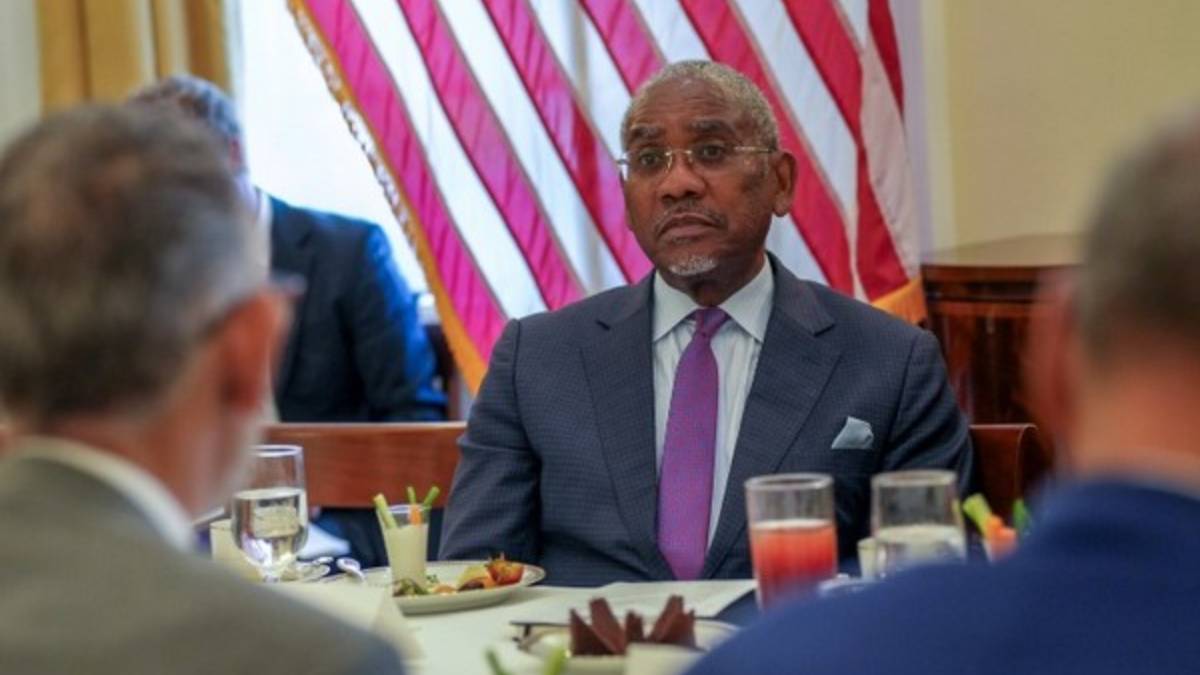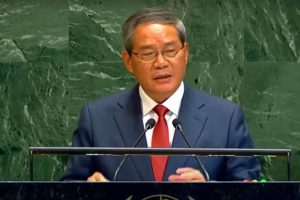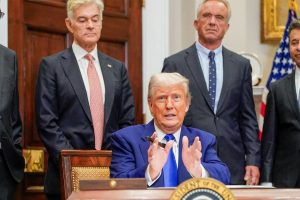After a federal appeals court ruled that former President Donald Trump’s tariffs were “illegal”, Democratic Representative Gregory Meeks called on House Speaker Mike Johnson to bring his resolution to end the tariffs to the floor.
Citing the ruling, Meeks said Johnson must stop shielding Trump’s “lawlessness”. “Both trial and appellate courts told Trump his tariffs are illegal, as I argued in amicus briefs with my colleagues. IEEPA is not a tariff statute. Speaker Johnson must put my resolutions on the floor to end the tariffs,” Meeks stated.
The appeals court held that the International Emergency Economic Powers Act (IEEPA) does not authorize a president to impose tariffs, as Trump did earlier this year. Judges noted that the power to levy taxes and tariffs rests with Congress, not the executive, affirming a lower court’s ruling against the Trump administration.
Despite the judgment, Trump insisted that all tariffs remain in place. Calling the decision the work of a “highly partisan appeals court”, he said removing tariffs would be a “total disaster” for the United States and weaken its financial standing.
On April 2, Trump had announced sweeping tariffs on about 60 countries and trade blocs, describing the move as the largest US tariff hike in nearly a century. India was hit particularly hard, with 25% tariffs on its exports and an additional 25% penalty on purchases of Russian crude oil, effectively raising duties to 50%.
A recent analysis by investment bank Jefferies suggested that the harsh tariffs on India were influenced by Trump’s “personal pique” after being denied a mediating role in the India-Pakistan conflict following a four-day military standoff in May. India has consistently rejected third-party involvement in its disputes with Pakistan.





